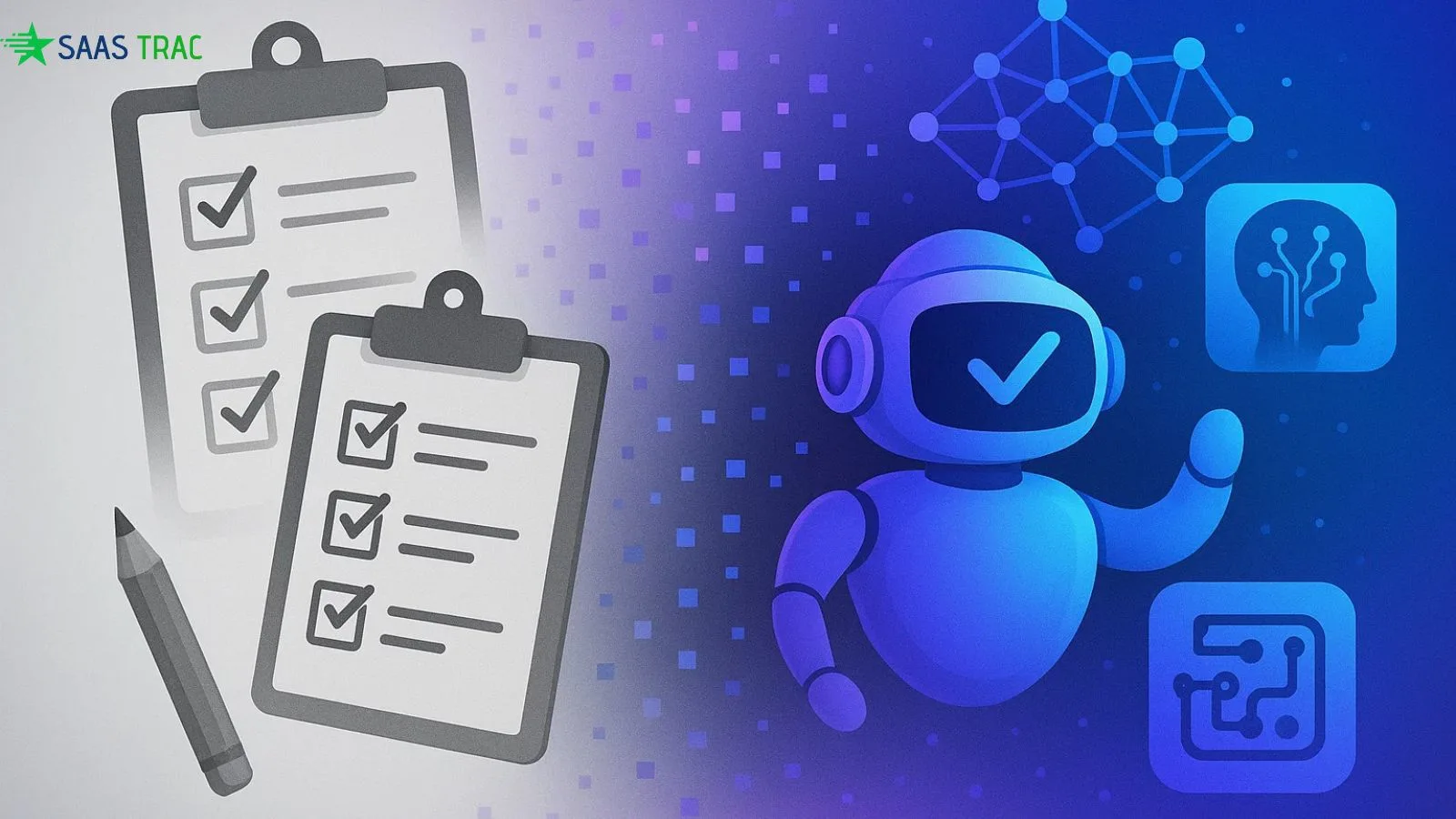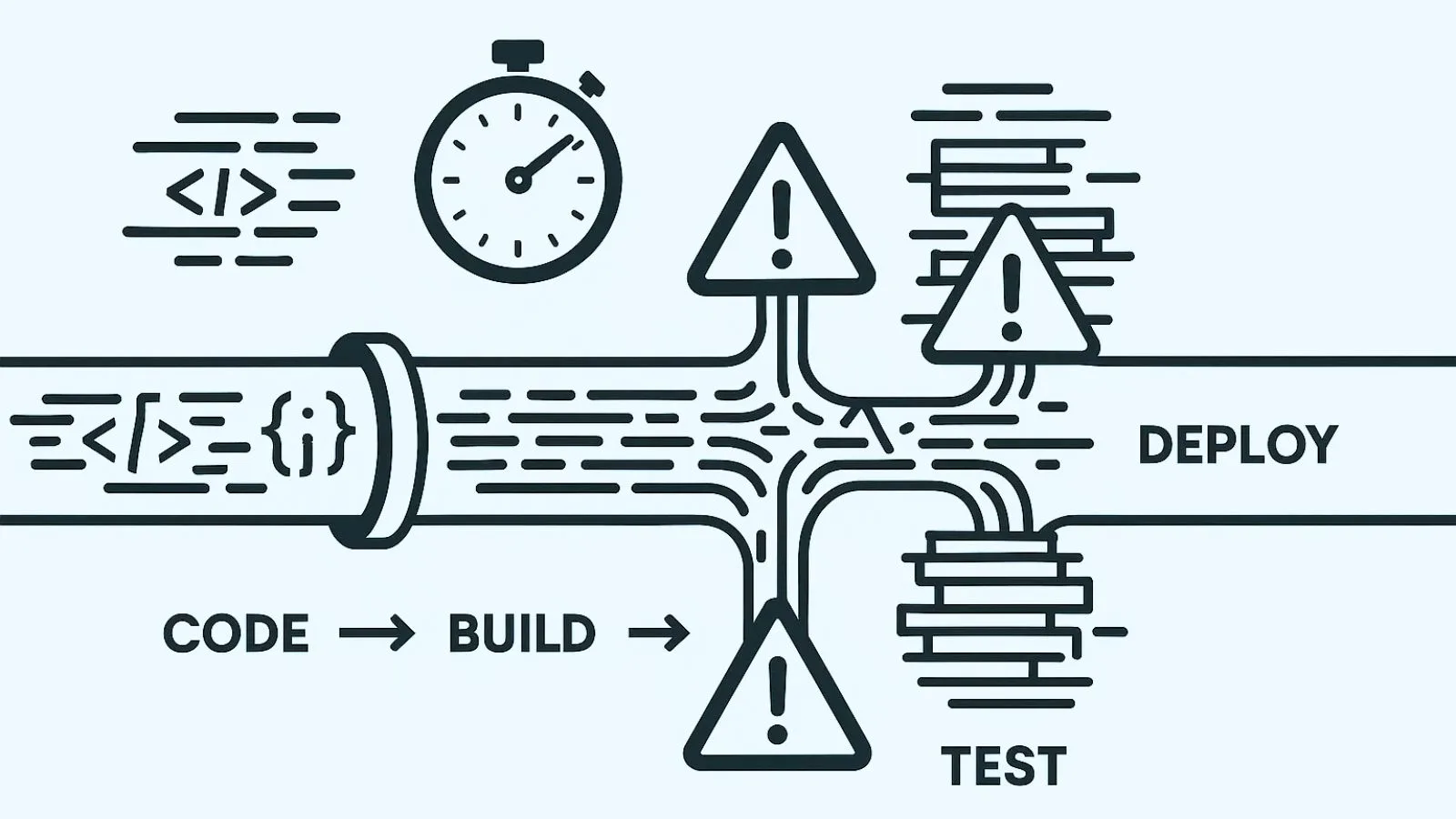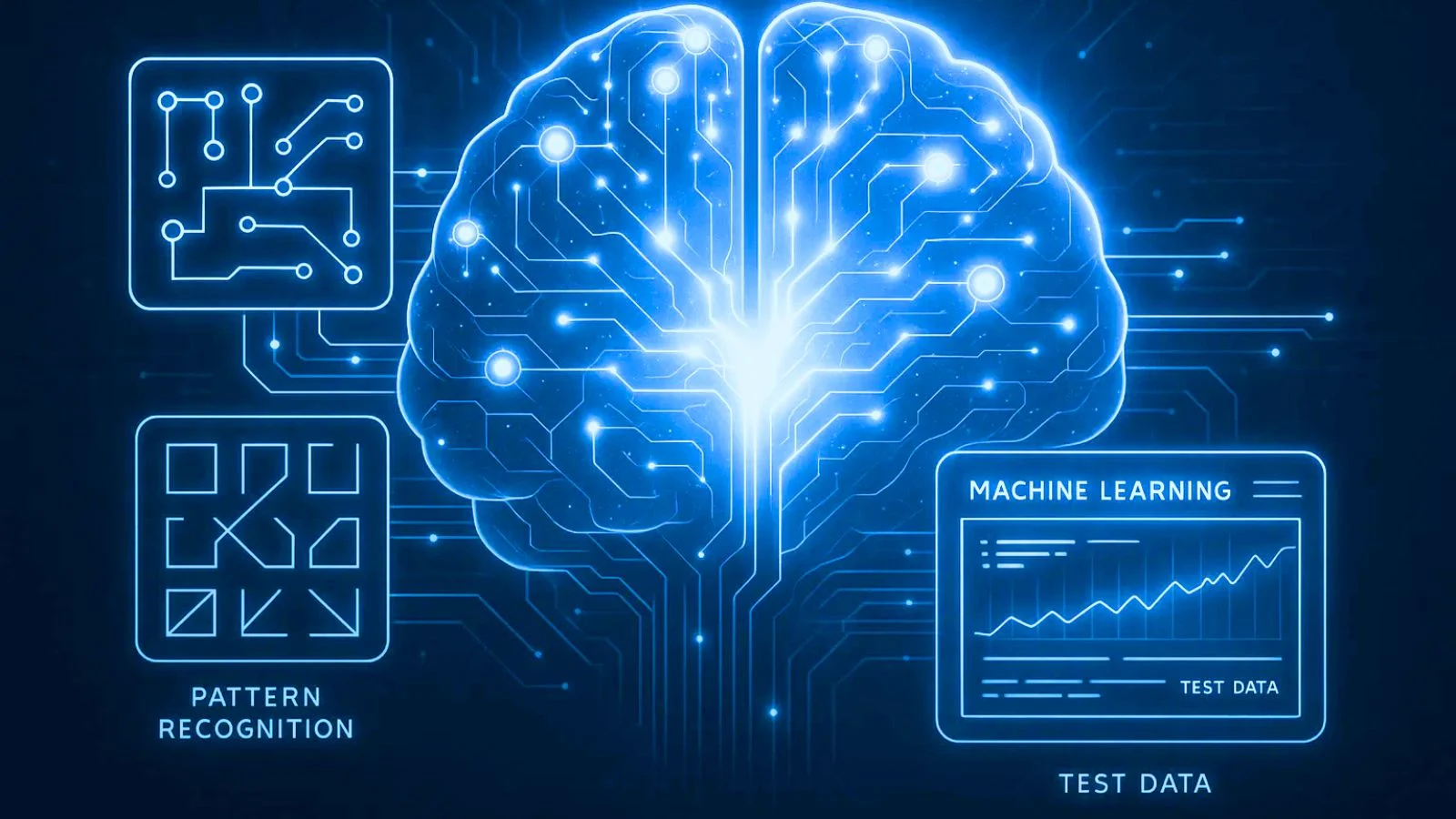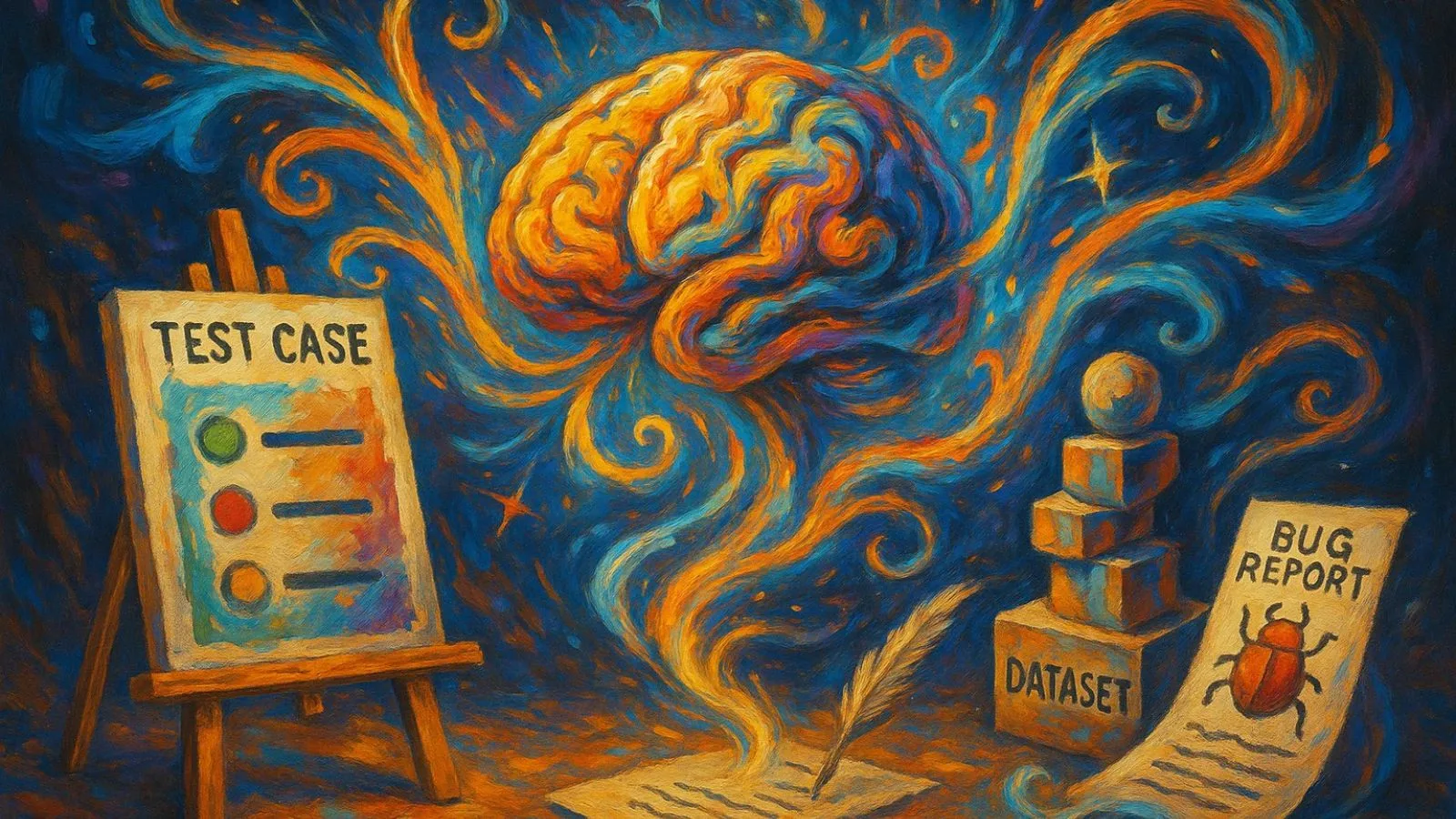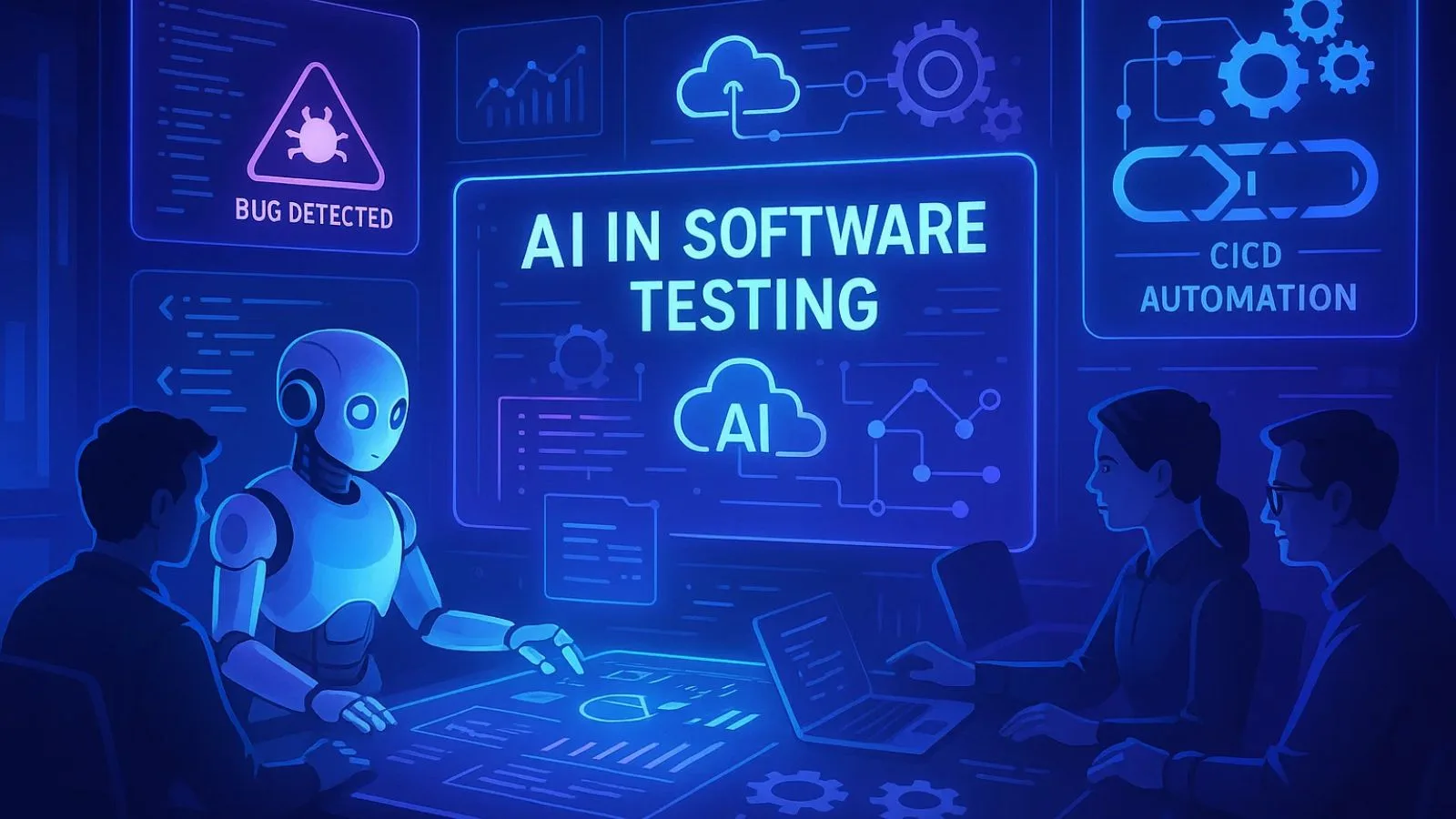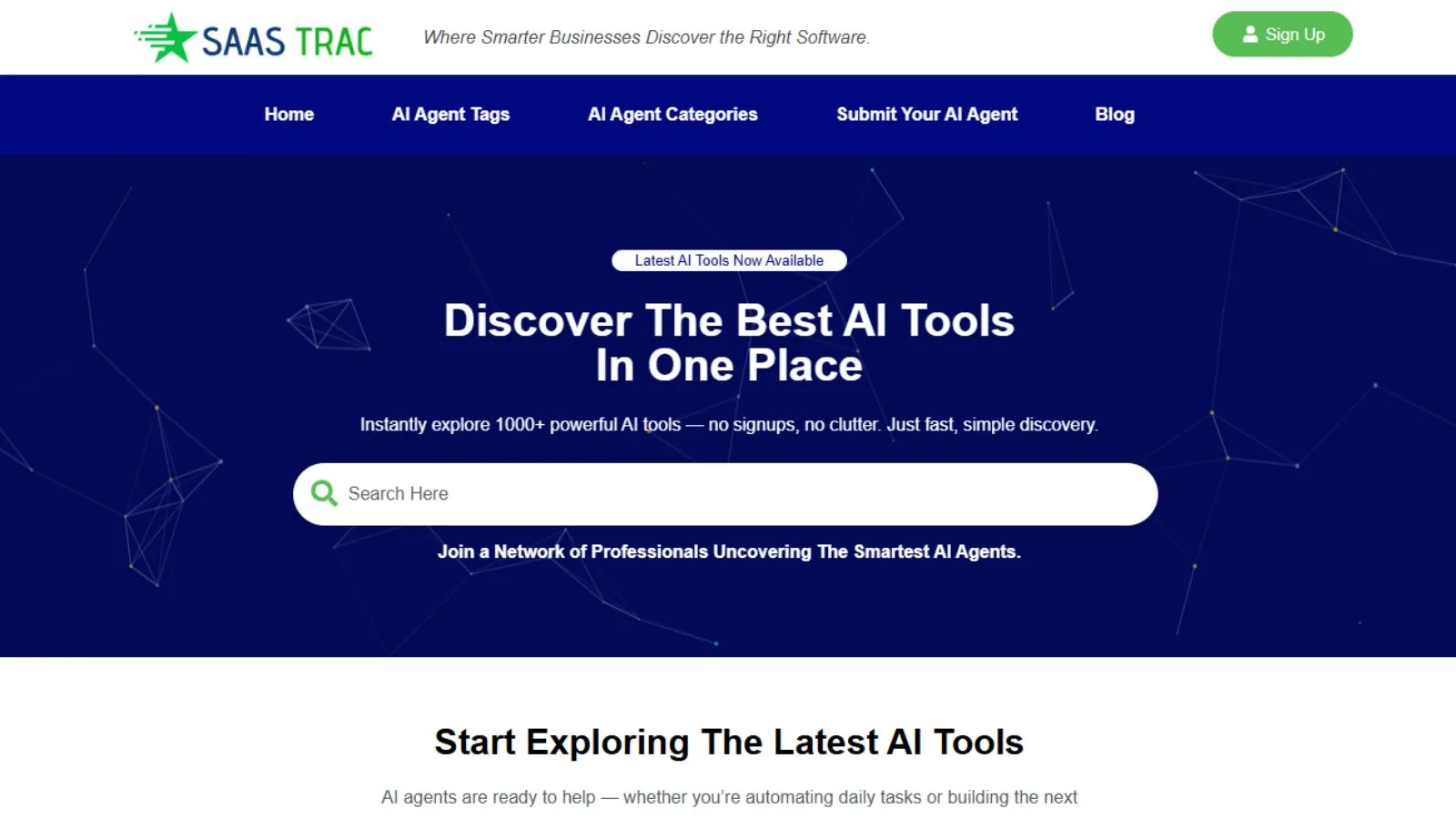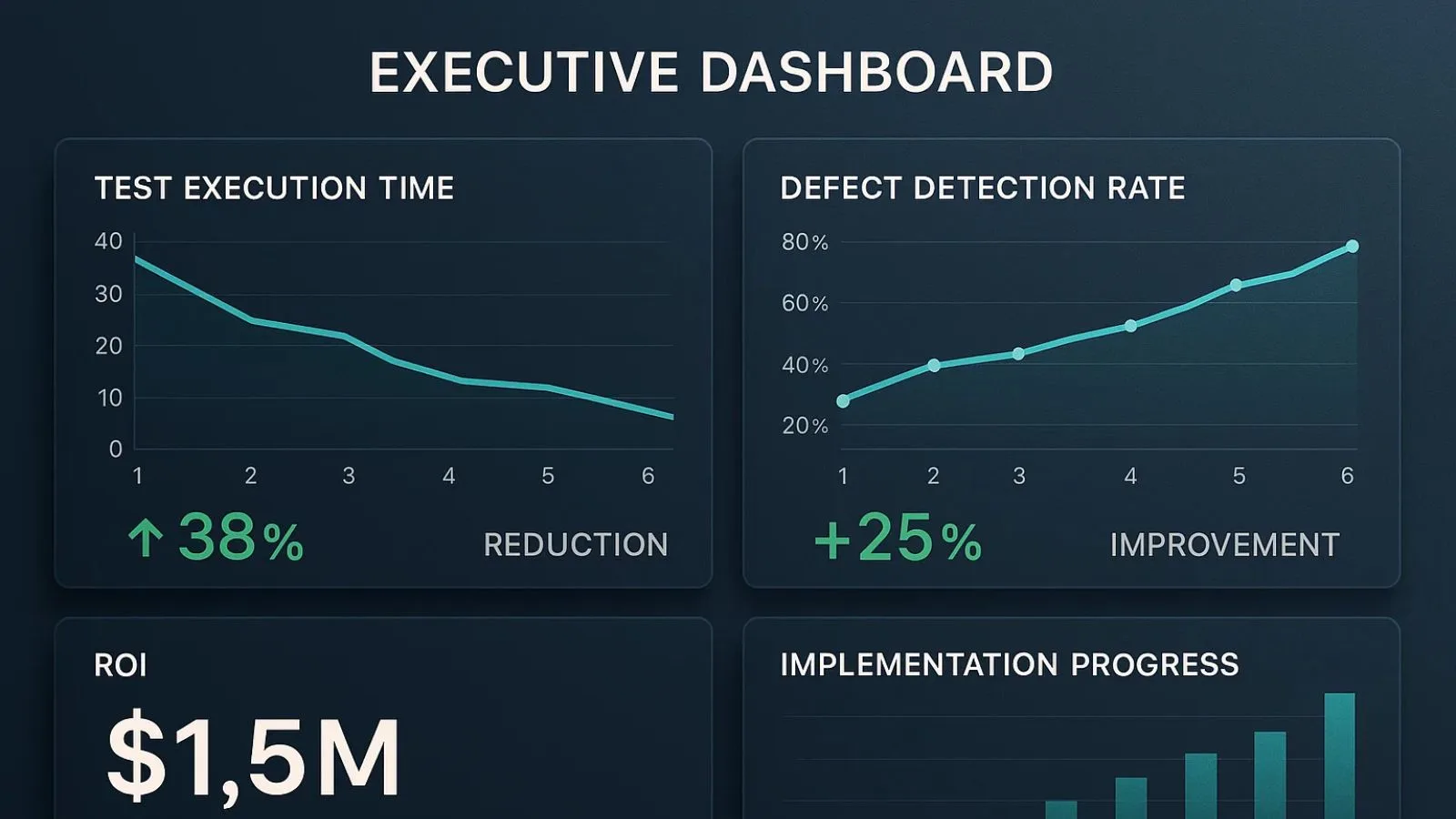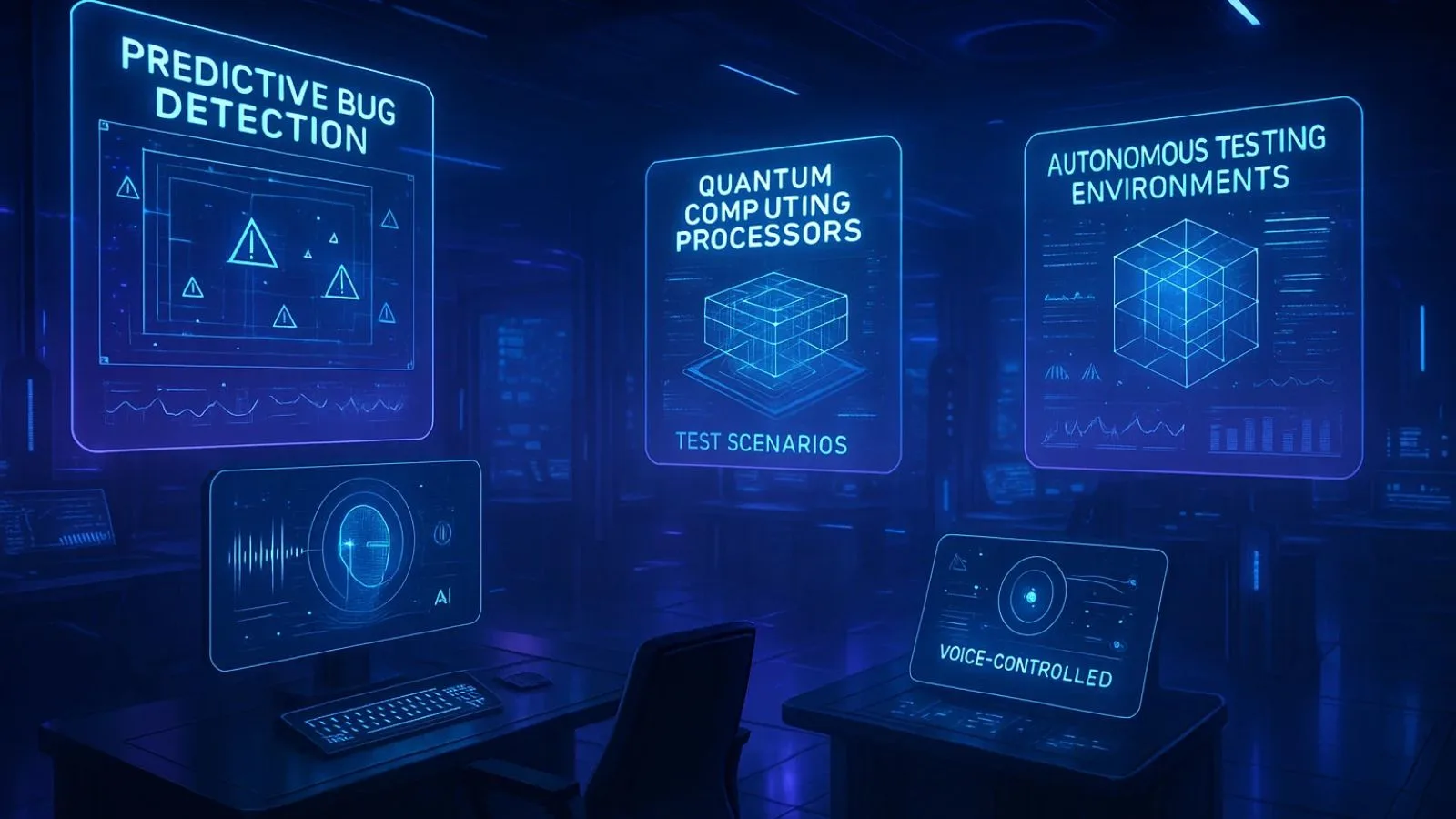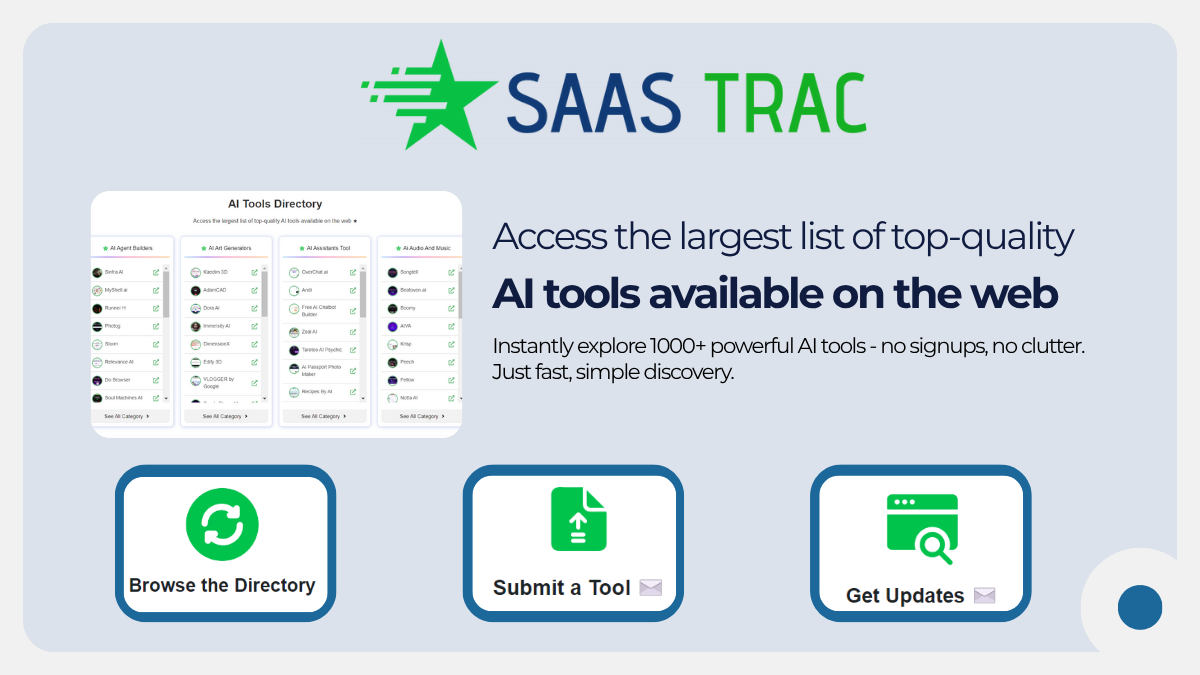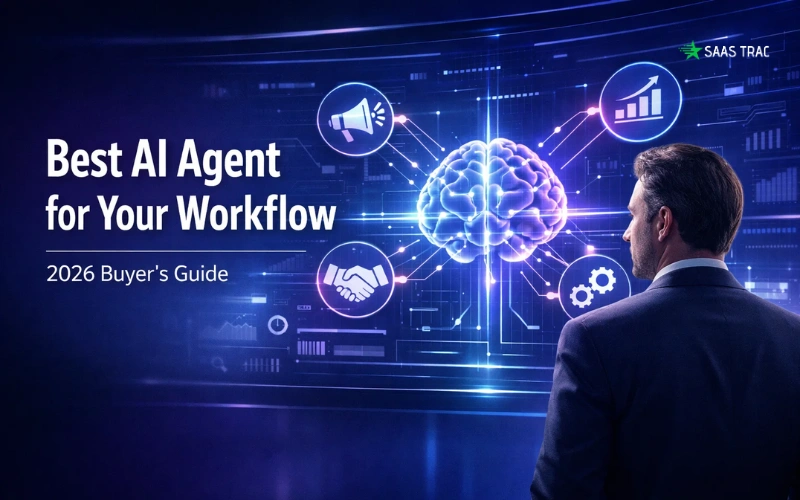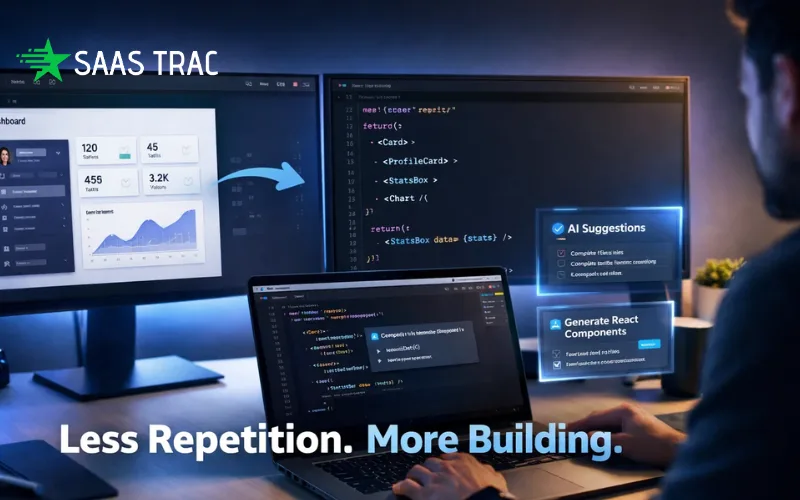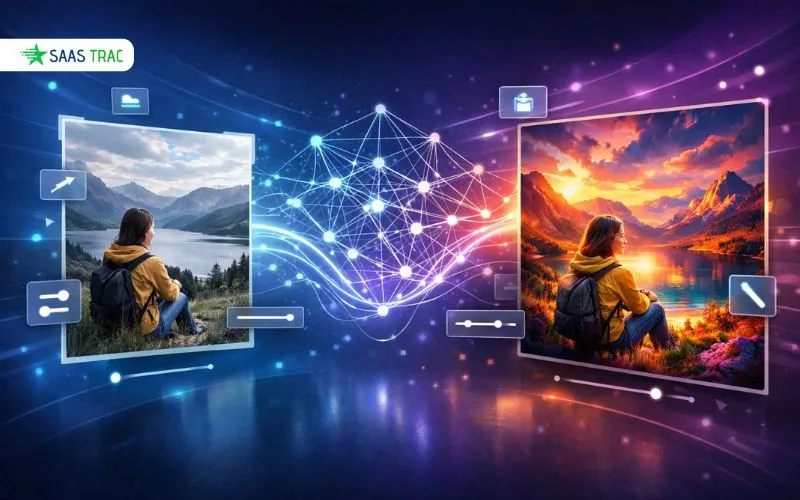The software development landscape has undergone a dramatic transformation in recent years, with AI in software testing emerging as the most significant breakthrough in quality assurance methodology.
Traditional testing approaches, once considered the backbone of software quality, are now being challenged by intelligent systems that can think, learn, and adapt like human testers, but at unprecedented speed and scale.
For decades, development teams have wrestled with the same persistent challenges:
Time-consuming manual test execution, brittle automation scripts that break with every code change, and the constant struggle to achieve comprehensive test coverage within tight release deadlines.
These pain points have created bottlenecks that slow down development cycles and compromise software quality, forcing teams to choose between speed and reliability.
The integration of artificial intelligence in software testing represents more than just another technological advancement; it’s a fundamental shift in how we approach quality assurance.
Modern AI-powered testing solutions can automatically generate test cases, predict potential failure points, self-heal broken test scripts, and provide intelligent insights that were previously impossible to obtain through conventional methods.
This transformation is reshaping the entire QA landscape, offering development teams the opportunity to achieve faster release cycles without sacrificing quality.
As we explore how AI is revolutionizing software testing, we’ll discover the practical applications, tangible benefits, and implementation strategies that are making intelligent testing not just possible but essential for competitive software development.
Current Software Testing Challenges:
Modern software development faces unprecedented testing complexities that traditional approaches struggle to address effectively.
Development teams are caught in a perfect storm of increasing demands and shrinking timelines, creating significant quality assurance bottlenecks.
1. Time-consuming manual Processes:
remains the biggest obstacle for most organizations.
QA teams spend countless hours executing repetitive test cases, leaving little time for exploratory testing or strategic quality planning.
This manual burden becomes even more pronounced with complex enterprise applications requiring extensive regression testing cycles.
2. Flaky Test Automation:
Continues to plague development pipelines. Tests that pass one day mysteriously fail the next, often due to environmental changes, timing issues, or brittle element selectors.
These unreliable automated tests erode team confidence and force engineers back to manual verification processes.
3. Resource Constraints and Skill Gaps:
Intensify these challenges further. Finding experienced QA professionals who understand both testing fundamentals and modern automation frameworks proves increasingly difficult.
Teams struggle to keep pace with evolving technologies while maintaining comprehensive test coverage.
4. Application Complexity:
Has exploded with microservices architectures, cloud-native deployments, and multi-platform requirements.
Testing these distributed systems requires coordination across multiple environments, APIs, and user interfaces simultaneously.
The pressure for faster release cycles in DevOps environments compounds all these issues.
Traditional testing methodologies simply cannot scale to meet modern software delivery demands, making ai in software testing solutions not just beneficial, but essential for competitive software development teams.
AI Software Testing Fundamentals:
Modern software development demands faster, more reliable testing approaches, and AI software testing emerges as the solution to bridge this gap.
At its core, artificial intelligence in testing leverages advanced algorithms to automate complex decision-making processes that traditionally required human intervention.
Unlike conventional automation that follows pre-written scripts, AI in software testing employs machine learning algorithms to analyze patterns, predict outcomes, and adapt to changes dynamically.
This technology encompasses several key components:
Machine learning models that learn from historical test data, natural language processing for analyzing requirements and generating test cases, computer vision for visual testing validation, and neural networks that identify anomalies in application behavior.
The fundamental difference lies in intelligence versus automation.
Traditional testing tools execute predetermined actions, while AI-powered solutions make intelligent decisions based on learned patterns.
They can automatically generate test scenarios, predict which areas are most likely to contain bugs, and even self-heal when application elements change.
Key benefits include dramatically reduced testing time, improved accuracy through pattern recognition,
Enhanced test coverage by identifying edge cases humans might miss, and scalable testing capabilities that grow with your application.
AI testing tools also provide predictive analytics, helping teams focus their efforts on high-risk areas before issues reach production.
This intelligent approach transforms testing from a reactive process into a proactive quality assurance strategy, fundamentally changing how development teams approach software validation.
Generative AI: The Game-Changer:
Generative ai in software testing represents a revolutionary leap forward in quality assurance, fundamentally transforming how testing teams approach their work.
Unlike traditional automation that follows predetermined scripts, generative AI creates intelligent, adaptive testing solutions that can think, learn, and evolve.
At its core, generative AI leverages advanced machine learning algorithms to automatically produce comprehensive test cases, realistic test data, and even complete testing scenarios without human intervention.
This technology analyzes application patterns, user behaviors, and system requirements to generate thousands of unique test combinations that human testers might never consider.
The real magic happens in edge case discovery.
While manual testers typically focus on common user paths, generative AI explores unusual combinations and boundary conditions that often reveal critical bugs.
It can simulate diverse user personas, generate complex data sets, and create stress-testing scenarios that push applications to their limits.
Modern ai in software testing platforms now offers generative capabilities that dramatically reduce test creation time.
Teams report up to 75% faster test development cycles, with significantly improved coverage rates.
The technology excels at creating regression tests, API testing scenarios, and performance benchmarks automatically.
Beyond test generation, generative AI produces intelligent bug reports with detailed reproduction steps, suggests fixes based on similar issues, and even generates documentation.
This comprehensive approach means testing teams spend less time on repetitive tasks and more time on strategic quality initiatives.
The impact extends to continuous integration pipelines, where generative AI creates dynamic test suites that adapt to code changes in real-time, ensuring robust quality gates throughout the development process.
AI-Powered Testing Tools & Platforms:
The landscape of AI in software testing has evolved dramatically, with innovative platforms revolutionizing how development teams approach quality assurance.
Modern AI in software testing solutions goes far beyond traditional automation, offering intelligent tools that adapt, learn, and optimize testing processes in real-time.
1. End-to-End Testing Platforms:
Lead the charge with tools like Momentic, providing AI-driven end-to-end testing for fast-moving engineering teams. These platforms automatically adapt to application changes while maintaining comprehensive test coverage across different environments.
2. Smart Debugging Solutions:
Helicone AI represents a breakthrough technology for AI API usage monitoring and debugging. This intelligent tool analyzes API interactions, identifies potential issues, and provides actionable insights for optimizing AI application performance.
3. CI/CD Integration Platforms:
Travis CI streamlines continuous integration workflows, while Sofy.ai offers no-code test automation for modern applications. These AI in testing software solutions help teams maintain quality gates throughout the development pipeline.
4. Advanced Testing Orchestration:
Tools like Devassure provide AI-powered code quality and security testing platforms, while CucumberStudio enables real-time collaboration for agile test automation workflows.
When selecting AI in software testing platforms, consider factors like integration capabilities with your existing tech stack, learning curve for your team, scalability requirements, and total cost of ownership.
The key is choosing tools that complement your development workflow while delivering measurable improvements in test efficiency and reliability.
Revolutionizing Qa With Ai Agents: Saastrac’s Innovative Approach:
The landscape of AI in software testing is rapidly evolving, and SaaSTrac’s AI Agents platform stands at the forefront of this transformation.
Unlike traditional testing tools that require extensive manual configuration, SaaSTrac’s intelligent agents operate autonomously, learning from your application’s behavior to deliver unprecedented testing efficiency.
These AI agents continuously monitor your software applications, identifying potential issues before they impact users.
The platform’s machine learning algorithms analyze patterns in code changes, user interactions, and system performance to predict where bugs are most likely to occur.
This proactive approach has helped development teams reduce testing time by up to 70% while significantly improving overall code quality.
What sets SaaSTrac apart is its seamless integration capabilities.
The AI agents work alongside existing development workflows, automatically generating test cases based on real user behavior and application usage patterns.
Teams no longer need to spend hours writing repetitive test scripts – the AI handles this intelligently.
The implementation of ai in software testing through SaaSTrac’s platform delivers remarkable results for early adopters: faster release cycles, fewer production bugs, and substantial cost savings.
The platform’s intuitive dashboard provides real-time insights into application health, enabling teams to make data-driven decisions about quality assurance priorities.
For organizations looking to modernize their testing processes, SaaSTrac’s AI Agents offer a practical path to implementing cutting-edge artificial intelligence without the complexity typically associated with AI adoption.
Implementation Strategies & Best Practices:
Successfully integrating AI in software testing requires a strategic approach that balances innovation with practical considerations.
Organizations should start with a pilot project, selecting a specific testing area like regression testing or defect prediction to demonstrate value before scaling.
Begin by assessing your current testing maturity and identifying pain points where AI in software testing can provide immediate impact.
Establish clear success metrics such as test execution time reduction, defect detection rates, and maintenance overhead.
This data-driven approach helps justify investment and guides future expansion.
Team preparation is crucial for success. Invest in training your QA professionals on AI concepts, tool selection, and data interpretation.
Many AI in software testing platforms offer user-friendly interfaces, but understanding the underlying principles ensures better adoption and troubleshooting.
Choose tools that integrate seamlessly with your existing CI/CD pipeline and testing frameworks.
Start with cloud-based solutions to minimize infrastructure overhead and accelerate implementation.
Create a phased rollout plan spanning 6-12 months, allowing teams to adapt gradually.
Monitor adoption rates, gather feedback, and adjust strategies accordingly.
Most organizations see initial benefits within 3-6 months, with full ROI typically achieved within the first year of implementation.
Also Read:
Find The Best AI Agents to Supercharge Your Workflow
Top 24 AI Tools For Business Automation
Future Trends & Predictions:
The landscape of AI in software testing is rapidly evolving, with exciting developments on the horizon.
By 2027, predictive analytics will enable AI systems to identify potential bugs before code deployment, fundamentally shifting from reactive to proactive quality assurance.
Quantum computing integration promises to revolutionize complex test scenario simulations, handling millions of test cases simultaneously.
Voice and conversational AI will transform how teams interact with testing platforms, allowing natural language commands like “run regression tests for the payment module.”
Edge AI will bring intelligent testing capabilities directly to mobile devices, enabling real-time quality checks without cloud dependency.
The emergence of AI in software testing will create fully autonomous test environments that automatically replicate production conditions, while federated learning allows testing tools to improve collectively without compromising sensitive data.
Testing professionals should prepare for roles focused on AI strategy, model training, and intelligent test orchestration rather than manual execution.
Organizations investing in AI testing capabilities today will gain significant competitive advantages in tomorrow’s accelerated development cycles.
Conclusion:
The transformation of quality assurance through AI in software testing represents more than just technological advancement; it’s a fundamental shift toward intelligent, adaptive testing methodologies.
As we’ve explored, artificial intelligence eliminates traditional bottlenecks like flaky tests, manual redundancies, and resource constraints while delivering unprecedented accuracy and speed.
Organizations embracing AI-driven testing solutions are already experiencing dramatic improvements in test coverage, faster release cycles, and reduced operational costs.
The tools and strategies discussed demonstrate that this isn’t a distant future concept but a present reality reshaping how development teams approach quality assurance.
Success in this new landscape requires thoughtful implementation, proper team training, and strategic tool selection.
Whether you’re a startup or enterprise organization, the question isn’t whether to adopt AI testing; it’s how quickly you can integrate these powerful capabilities into your development workflow.
The future of software testing is intelligent, autonomous, and remarkably efficient.
The transformation has begun, and early adopters are setting new standards for what’s possible in quality assurance.
FAQ’s:
Q1: What is the difference between traditional automation and AI in software testing?
Traditional automation follows pre-written scripts that execute the same steps repeatedly.
In contrast, AI in software testing uses machine learning algorithms to adapt, learn from test results, and make intelligent decisions without explicit programming.
Q2: How quickly can teams see results from implementing AI testing tools?
Most organizations notice immediate improvements in test efficiency within the first month.
However, significant ROI typically becomes apparent after 3-6 months of consistent use, with full benefits realized within 12-18 months.
Q3: Can small development teams benefit from AI in software testing solutions?
Absolutely! AI in software testing is particularly valuable for smaller teams with limited QA resources.
These tools can automate repetitive tasks, generate comprehensive test cases, and provide 24/7 monitoring capabilities.
Q4: What skills do QA professionals need to work with AI testing platforms?
While basic technical understanding helps, many modern AI testing platforms are designed with user-friendly interfaces.
Most require minimal coding knowledge, focusing instead on test strategy and result interpretation.
Q5: How does AI in software testing handle complex applications with frequent updates?
AI-powered testing tools excel at managing complex, rapidly changing applications.
They use self-healing capabilities to automatically update test scripts when UI elements change and maintain test coverage across different environments.


